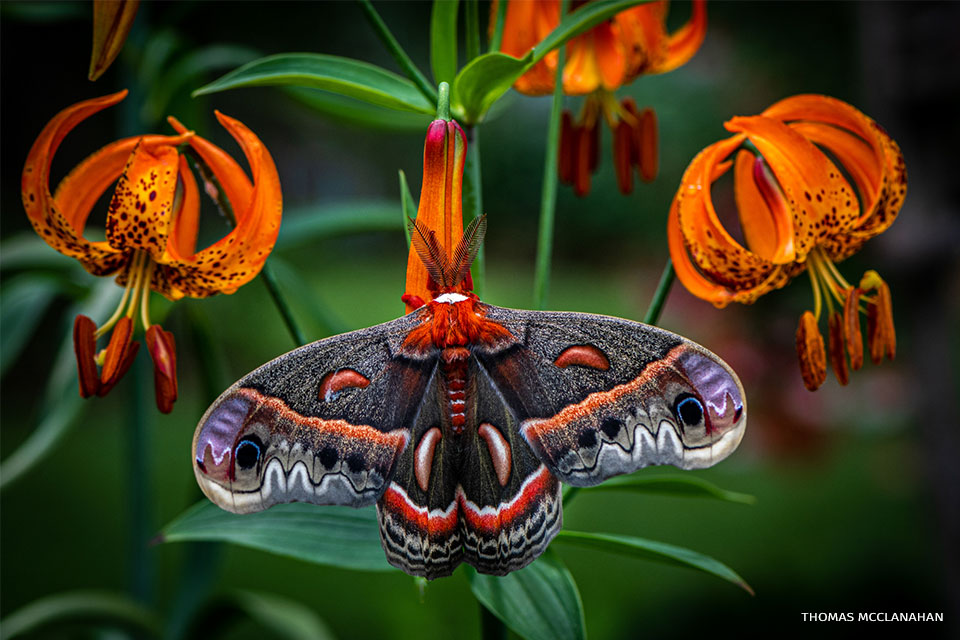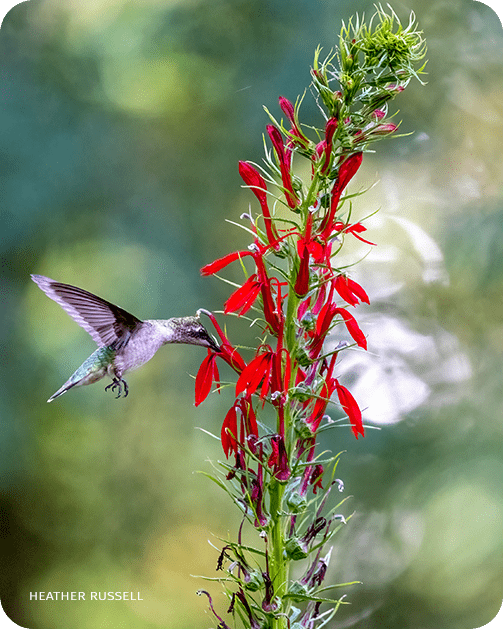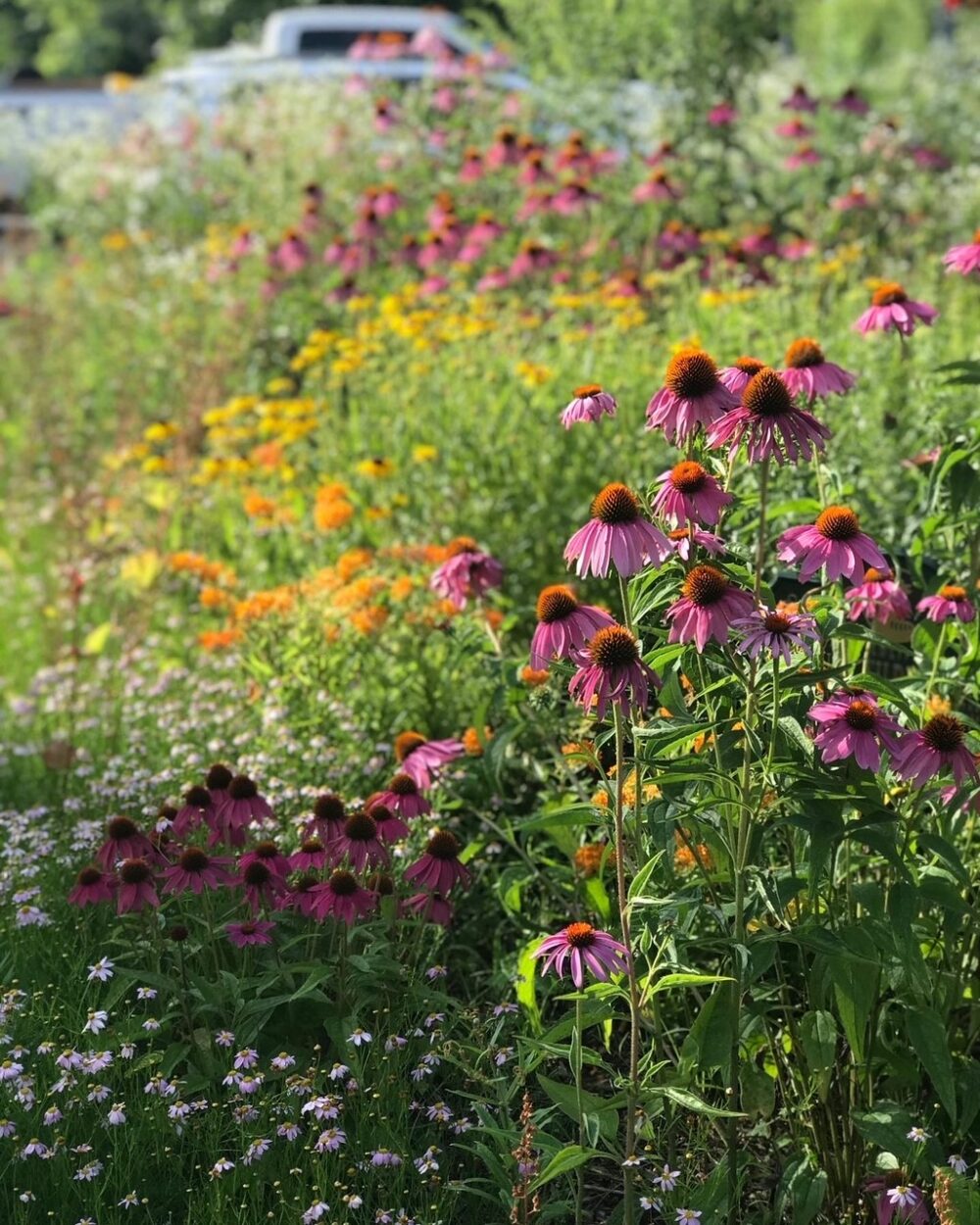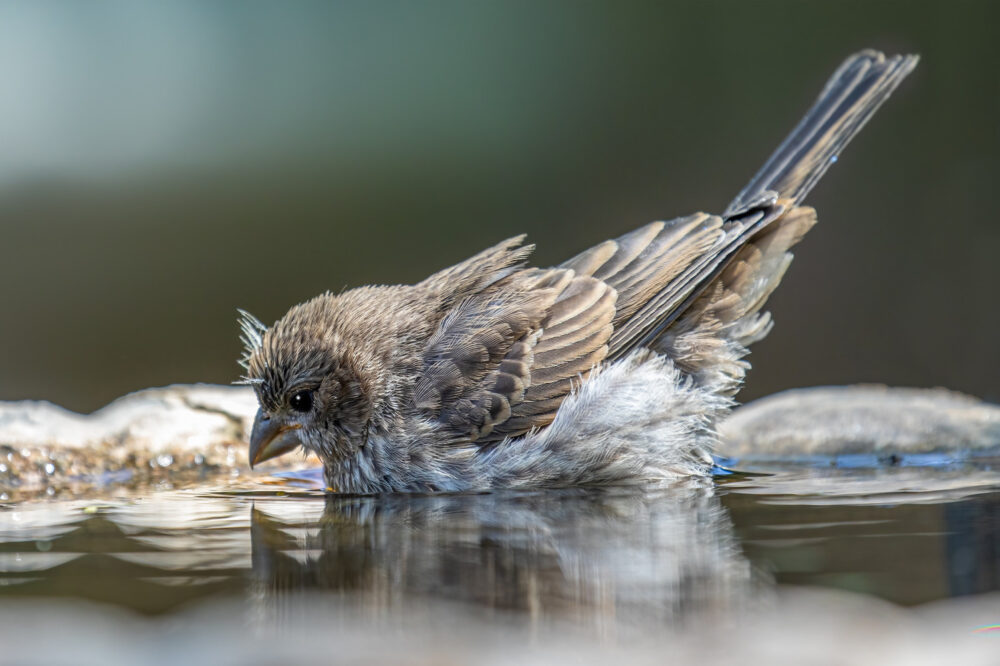We have much more to do and your continued support is needed now more than ever.
National Wildlife Week: Charlotte Attracts Extraordinary Wildlife Through Community Habitats
In 2013, the Charlotte Reconnecting Ourselves with Nature (CROWN) chapter of North Carolina Wildlife Federation launched the Charlotte Naturally initiative to get the city certified as a Community Wildlife Habitat. Their efforts have paid off — the city has now become the third largest Community Wildlife Habitat in the nation and the largest city certified east of the Mississippi River.
A community celebration is planned for Saturday, May 2, 2015 in Marshall Park to celebrate this momentous achievement.
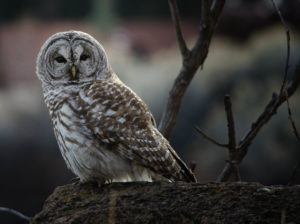
Related: Hear the call of the barred owl and other things that go bump in the night
Charlotte isn’t the only city working hard in North Carolina to bring communities together to certify habitats. Over the years, the North Carolina Wildlife Federation has developed several complementary certification initiatives tailored for the faith community (Fellowship Actions Impacting Habitat), business and industry (Wildlife and Industry Together), new construction (Wildlife Friendly Development), and local island habitats (Island Habitat Program). This suite of programs makes a meaningful difference for wildlife and habitat and engages a diverse section of the community in their everyday activities to become strong voices for wildlife.
Charlotte was recently named one of the Top 10 Cities for Wildlife as part of the National Wildlife Week 2015 Celebration. Did your city make the grade?















